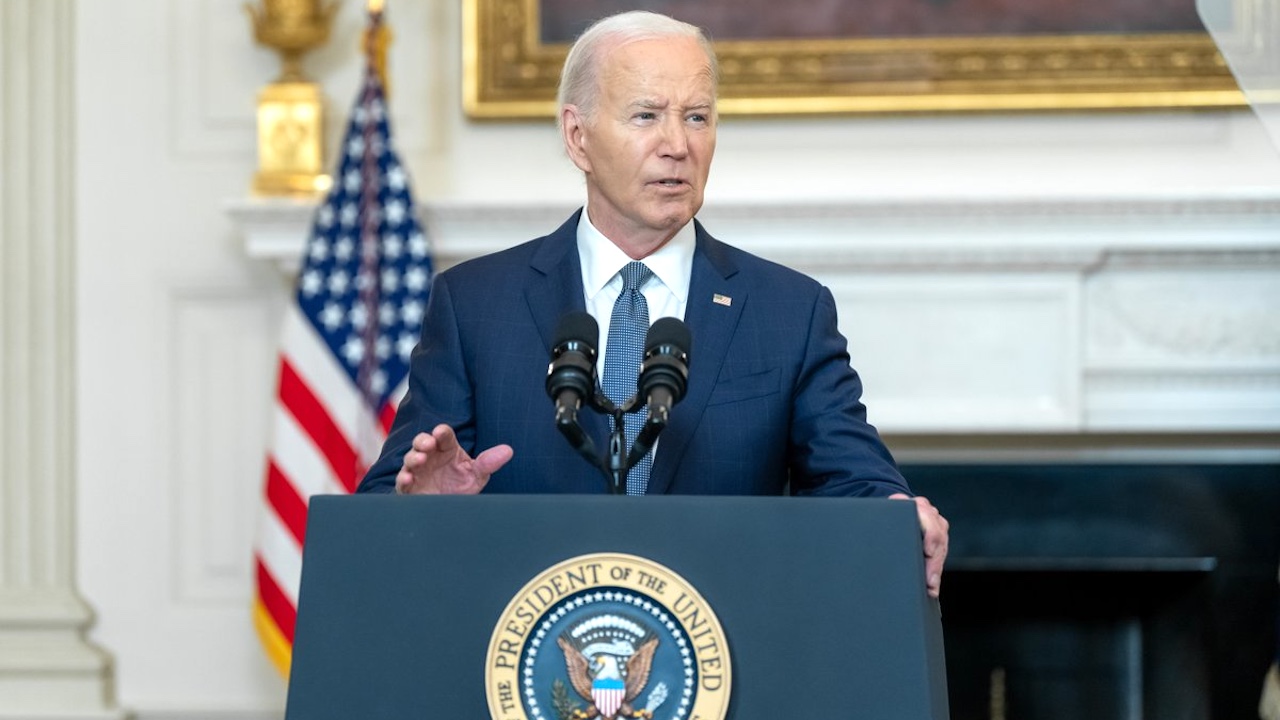The visceral response of those who believe that the new measures approved by the Biden Administration are a source of light bolstering the regime in Havana, just when they were facing their darkest hour, is justified.
Although no one believes that these measures will save Castroism from its ultimate putrefaction, it is understandable that, for many, it is demoralizing and disheartening that at this critical juncture, just when discontent withing the structure of the state could lead to a fracturing of the system, there is now an opportunity for new channels to be used profiting the henchmen and accomplices of a dictatorship exclusively grouped under the banner of theft.
Considering how the side of tyranny has been scrambling to take advantage of any gap coming from the north, setting up their own companies within a private sector customized to serve their interests, these provisions of Biden's seem to be more of a threat than an opportunity for the side of freedom. They are, in any case, a fait accompli, so it is necessary to at least try to take advantage of them, and not only by striving to thwart the regime’s attempts to reduce the nation to rubble, but also by sowing an economic and moral base that, eventually, will flourish as a power independent of Castroism.
Access to the financial system and trade with the United States is a two-way street that the dictatorship will use it to its advantage, but that those who oppose it can also exploit to their advantage after six decades without channels to finance independent Cuban civil society, driven into exile and opposed to totalitarian ideas.
Is it unreasonable to think that Cuba's private sector can be supported through these channels? Yes, it does exist.
Now possible is the emergence and consolidation of a business community that, even operating in Cuba, can keep most of its resources in American banks, safe from Castroism. Think of exportable service companies or others whose production is labor-intensive (more labor than capital), such as agricultural or textile companies that export to the north, leaving much of their profits in bank accounts there.
Though Castroism will use these channels to solidify a group of allied businesspeople, the opposition, with support (service and construction contracts, sales to semi-public companies) and financing from the United States Government (loans, fiscal advantages at Customs), or using its own resources, could promote its own businesspeople in Cuba, creating a network of entrepreneurs separate from the system.
No less important is the possibility of, through these new financial and commercial channels, financing with hitherto-impossible vigor (history shows that freedom is extremely expensive) the political opposition under the cover of private companies, with covert sympathies, to prosper in the United States and using their profits to subvert the system. Or, alternatively, shell companies could be created as cover to justify flows of funds to Cuba.
Although Castroism has already stated that it "will not hinder" the measures announced by the Treasury Department's Office of Foreign Assets Control, Washington should be vigilant (and require the community of Cuban-American exiles and politicians to also be) to ensure that filters are not put in place in Cuba to select who will or will not have access to the benefits of these regulations.
It is impossible to verify whether each company benefiting from this new legislation is tied to the most criminal figures of the regime, but it is not impossible (in fact, it is simple) to make sure that Castroism does not keep the real private sector from benefiting too.
Access to accounts and businesses in the United States is an advantage for the current mafia, an extractive structure disguised as a government, but it also creates new opportunities to punish it by blocking access, freezing funds, and confiscating assets if they try to instrumentalize the measures for the exclusive benefit of the regime and its accomplices.
Sometimes we complain too much about what is done or not done in Washington, forgetting that the first duty of those politicians is to their voters, and we do not recognize that the responsibility, even the blame, for the fact that Cuba has been kidnapped for 65 years, lies with us.
Thus, instead of getting teary-eyed and whimpering, let us start using the new circumstances to our advantage, realizing that perhaps we are dealing with an opportunity to create something that we do not have today, and that is fundamental to offer the people an alternative to the Castroist catastrophe: structure, people, relationships, links, public figures and institutions that, sooner rather than later, can take over the leadership of a country purged of tyranny.
